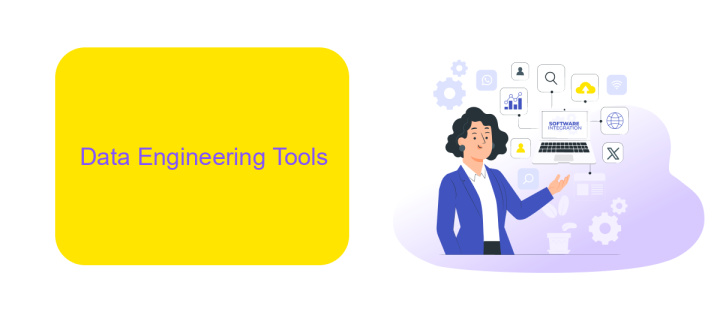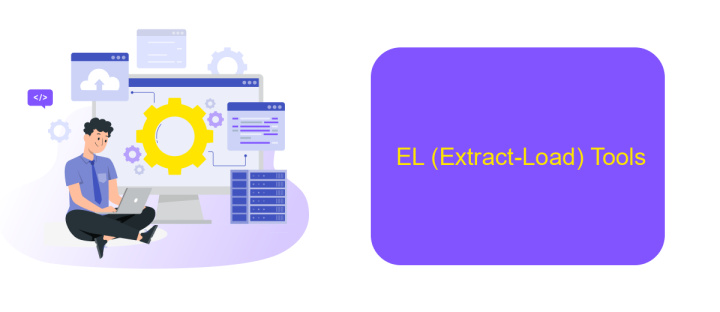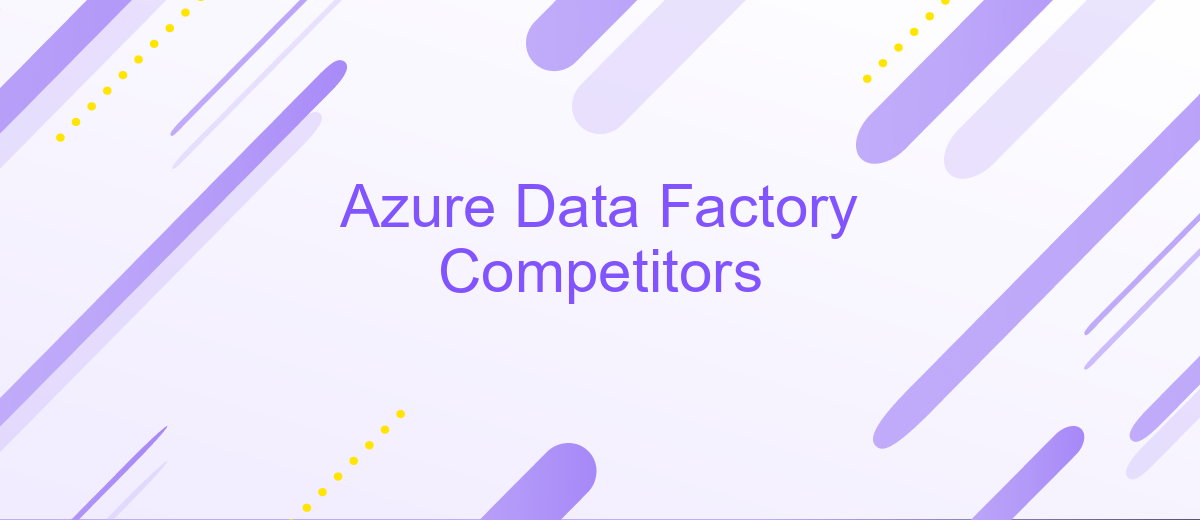Azure Data Factory Competitors
Azure Data Factory (ADF) is a robust cloud-based data integration service by Microsoft, enabling seamless data movement and transformation. However, the market offers several alternatives that cater to various needs and preferences. This article explores the top competitors of Azure Data Factory, comparing their features, strengths, and weaknesses to help you make an informed decision for your data integration requirements.
Data Integration Platforms
Data integration platforms are essential tools for businesses looking to streamline their data workflows and ensure seamless connectivity between various data sources. These platforms provide a centralized solution for extracting, transforming, and loading (ETL) data, making it easier to manage and analyze large volumes of information.
- ApiX-Drive: A versatile platform that enables easy integration between different software applications without the need for coding.
- Informatica: Known for its robust data management capabilities and comprehensive integration solutions.
- Talend: Offers open-source and enterprise solutions for data integration and management.
- SnapLogic: Provides a user-friendly interface for connecting various data sources and applications.
- Microsoft Power Automate: Integrates seamlessly with other Microsoft products and services for efficient data workflows.
Platforms like ApiX-Drive stand out due to their ease of use and flexibility, allowing businesses to automate repetitive tasks and integrate disparate systems effortlessly. By leveraging these tools, organizations can enhance their data management processes, reduce manual effort, and gain valuable insights from their data.
Data Engineering Tools

Data engineering tools are essential for managing, processing, and analyzing large datasets. These tools enable data engineers to build robust data pipelines, ensuring data is clean, reliable, and accessible for analysis and reporting. Popular data engineering tools include Apache Hadoop, Apache Spark, and Google Cloud Dataflow, each offering unique features and capabilities to handle diverse data processing needs. These platforms provide scalable solutions for batch and stream processing, making them suitable for a wide range of data engineering tasks.
In addition to these well-known tools, integration services like ApiX-Drive play a crucial role in the data engineering landscape. ApiX-Drive simplifies the process of connecting various applications and data sources, enabling seamless data flow across systems. By automating data integration, ApiX-Drive helps data engineers save time and reduce the risk of errors, ensuring that data is consistently synchronized and up-to-date. This integration capability is particularly valuable for organizations looking to streamline their data operations and enhance overall data quality.
Cloud Data Warehouses

Cloud data warehouses have revolutionized the way businesses store, manage, and analyze large volumes of data. They offer scalable, flexible, and cost-effective solutions compared to traditional on-premises data warehouses. With the rise of big data, cloud data warehouses have become an essential tool for organizations looking to harness the power of their data.
- Amazon Redshift: A fully managed data warehouse service that allows you to run complex queries and integrate seamlessly with other AWS services.
- Google BigQuery: A serverless, highly scalable, and cost-effective multi-cloud data warehouse designed for business agility.
- Snowflake: A cloud-native data warehouse that offers separate compute and storage, enabling users to scale resources independently.
- Microsoft Azure Synapse Analytics: A limitless analytics service that brings together big data and data warehousing.
- ApiX-Drive: While not a data warehouse itself, ApiX-Drive facilitates seamless integration between various cloud data warehouses and other business applications, streamlining data flow and enhancing analytics capabilities.
Choosing the right cloud data warehouse depends on your organization's specific needs, such as the volume of data, required performance, and budget. Each of these solutions offers unique features and benefits, making it crucial to evaluate them based on your business objectives. ApiX-Drive can further enhance your data strategy by ensuring smooth integration between multiple platforms and services.
EL (Extract-Load) Tools

EL (Extract-Load) tools are essential for businesses that need to move data from various sources to a destination, typically a data warehouse or a data lake. These tools simplify the process of data extraction and loading, ensuring that data is transferred efficiently and accurately.
One of the key advantages of EL tools is their ability to handle large volumes of data from multiple sources, such as databases, APIs, and flat files. They are designed to automate the data transfer process, reducing the need for manual intervention and minimizing the risk of errors.
- Automated data extraction and loading
- Support for multiple data sources
- Scalability to handle large datasets
- Data transformation capabilities
ApiX-Drive is an example of a service that can facilitate data integration by automating the extraction and loading process. It supports a wide range of data sources and provides an intuitive interface for setting up data flows. By using such tools, businesses can streamline their data workflows and focus on deriving insights from their data.
ETL (Extract-Transform-Load) Tools
ETL (Extract-Transform-Load) tools play a crucial role in data management by enabling businesses to efficiently extract data from various sources, transform it into a suitable format, and load it into a destination system for analysis or storage. These tools are essential for integrating disparate data sources, ensuring data quality, and maintaining data consistency across the organization. Popular ETL tools like Apache NiFi, Talend, and Informatica PowerCenter offer robust features for handling complex data workflows, making them indispensable for large-scale data operations.
In addition to traditional ETL tools, modern integration platforms like ApiX-Drive are gaining traction for their ease of use and flexibility. ApiX-Drive allows users to set up automated data workflows without extensive coding, making it accessible for businesses of all sizes. This service supports a wide range of integrations, enabling seamless data transfer between different applications and systems. By leveraging such tools, organizations can streamline their data processes, reduce manual effort, and ensure timely and accurate data availability for decision-making.


FAQ
What are the main competitors to Azure Data Factory?
How does Azure Data Factory compare to AWS Glue?
Can I use any tools for automating and setting up integrations with Azure Data Factory?
What factors should I consider when choosing a data integration tool?
Are there cost-effective alternatives to Azure Data Factory?
Time is the most valuable resource for business today. Almost half of it is wasted on routine tasks. Your employees are constantly forced to perform monotonous tasks that are difficult to classify as important and specialized. You can leave everything as it is by hiring additional employees, or you can automate most of the business processes using the ApiX-Drive online connector to get rid of unnecessary time and money expenses once and for all. The choice is yours!

